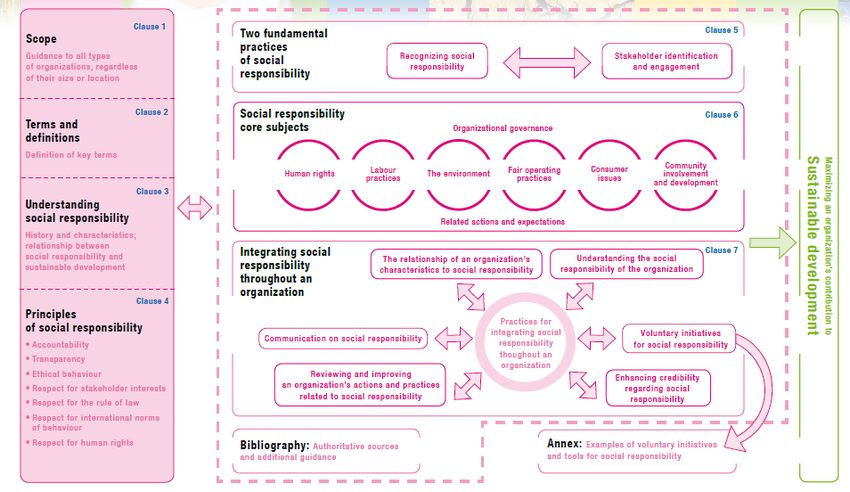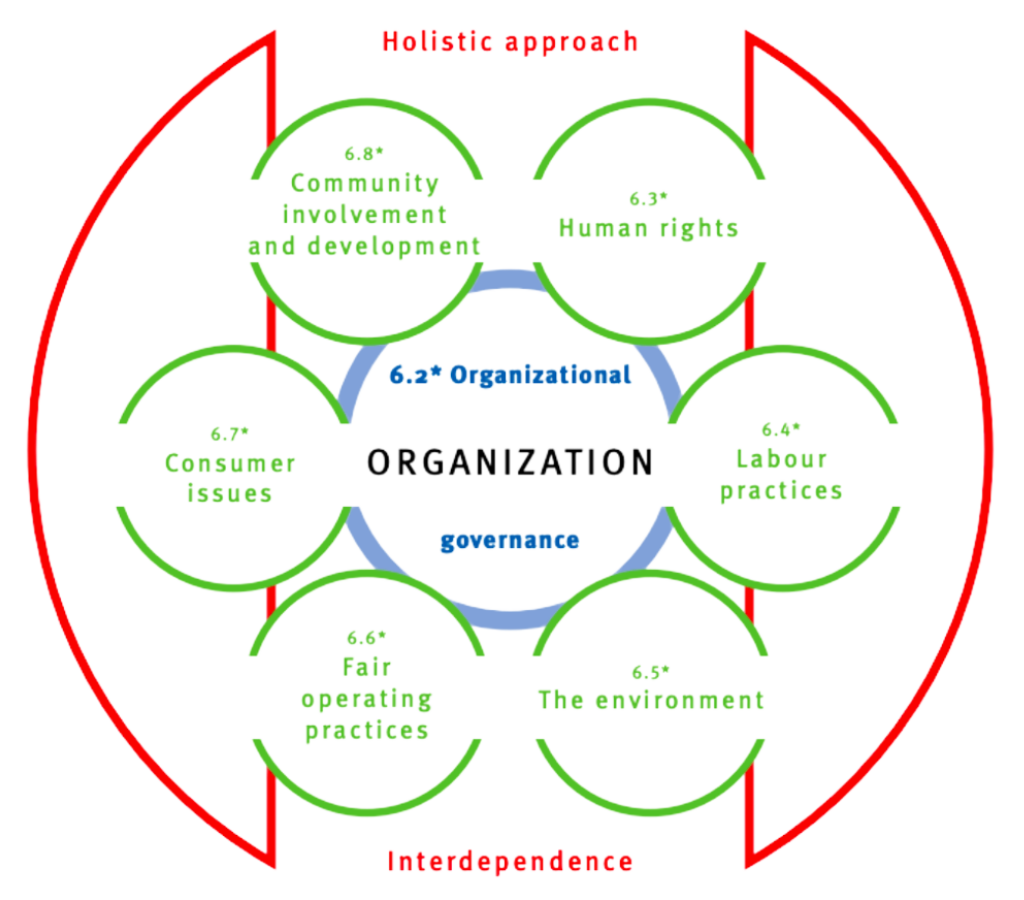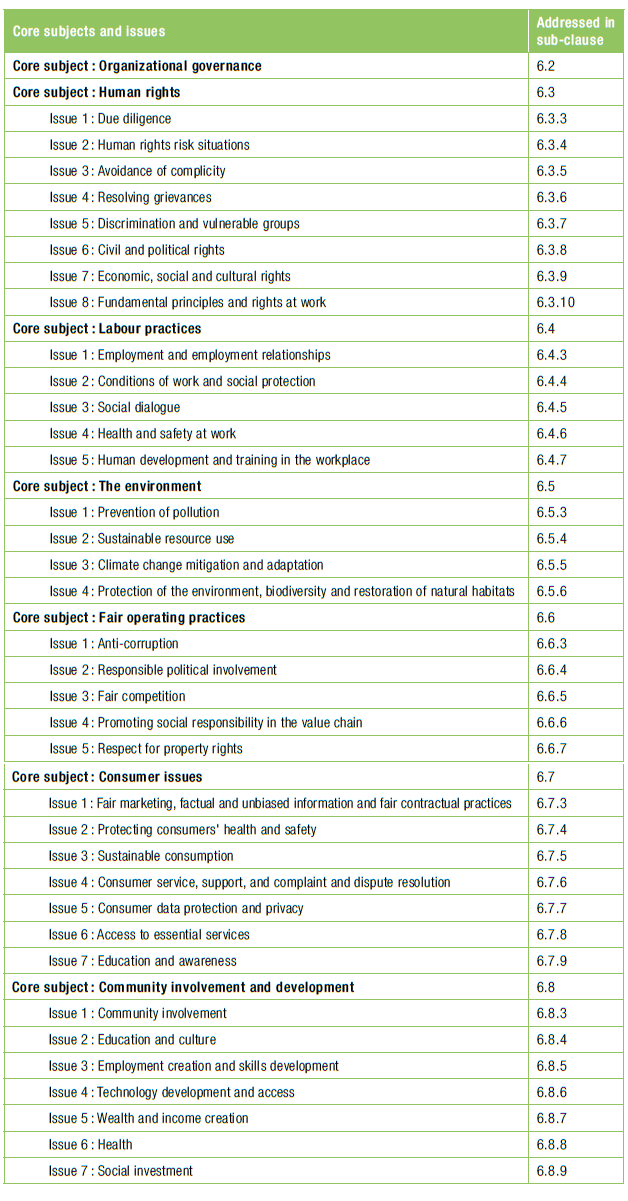
Today we are at a turning point. Humanity faces one of the greatest crisis in history in the form of climate change bought about by industrial human activity. In this Anthropocene epoch we are faced with immense challenges that are testing the very boundaries of our planetary system. Global warming, acidification of the oceans, deforestation, destruction and loss of habitats and ecosystems, mass extinction of species, depletion of ozone layer, excessive pollution of air, water and soil and more are some of the key challenges that needs urgent addressing today. Business as usual is no longer an option. We need to adopt and embrace sustainability in all its forms and at all levels – as individuals, as families, as societies, as nations and as a global community.
This project is an endeavor towards this direction. Industrial activity is unequivocally the root cause behind global warming and hence climate change. Despite the headlines on climate change and all the fury surrounding climate change, social responsibility which is the path towards sustainability remains a obtuse and ambiguous concept that is little understood by businesses, particularly by the small and micro businesses. Yet it is the small and particularly the micro businesses that number the most in the world. Their combined ecological and social impact is tremendous. For example in India, of all the registered enterprises with the government, approximately 98% belong to the Medium, Small, and Micro category. Of these Micro businesses account for roughly 93% of the make up followed by small businesses at 6% and Medium businesses at 1%. We can safely assume that almost 99% of the unregistered businesses will fall under micro category with a handful perhaps in the small business category. While the large and medium enterprises are closely monitored and regulated by the government, small and micro businesses have been ignored completely.
Our goal is to educate, promote awareness, encourage and facilitate the adoption of sustainable business practices particularly amongst small and micro businesses. Small and micro businesses face financial, time and knowledge barriers when it comes to acting in a socially responsible manner. Our project aims to elevate these barriers by providing ready made solutions in the form of a process model that businesses can readily adapt and implement according to their need. ISO 26000 Guidance on Social Responsibility is the benchmark standard adopted for developing the process model. The process model depicts the how to implement ISO 26000 while the ISO 26000 itself specifies the what to implement. In developing the process model not only have we taken into consideration ISO 26000 recommendations but also recommendations and best practices from other acclaimed standards and frameworks.
| Aims:: |
Phase 1
|
| Vision:: |
| To exists in harmony with our planet and with all life on it. |
| Our Mission:: |
| Our current mission is to educate, guide and persuade business institutions to become Socially Responsible in relation to the planet and the people. We do this by adopting ISO 26000 Guidance on Social Responsibility as the benchmark on sustainable practices. We intend to bring about positive and far reaching change within the local, national and international community through active engagement with the major stakeholders i.e. government, businesses, non profit organizations and consumers. |
IMAGE
The ISO 26000 is not a Management System standard and hence no certification is issued by the ISO. It is not ‘intended or appropriate for certification purposes or regulatory or contractual use.’
ISO 26000 : Guidance on Social Responsibility is a standard issued by the International Standards Organization (ISO), a worldwide federation of national standards bodies, in Nov 2010. Aimed at all types of organizations – private, public and non profits organizations – the standard provides guidance on the underlying principles of social responsibility, how to identify and engage with relevant stakeholders and how to integrate the standard within the organization, albeit not in detail. The standard highlights seven core social responsibility areas and issues therein. Following each issue are expected actions for organizations to address concerning each issue i.e. what organizations can do to address the issue.
The fundamental aim of the standard is to encourage social responsibility amongst organizations of all types. It is a path towards sustainable development. It encourages organizations to move beyond legal compliance and commit to broader social responsible principles, values and practices and adhering to international norms of behaviour.



